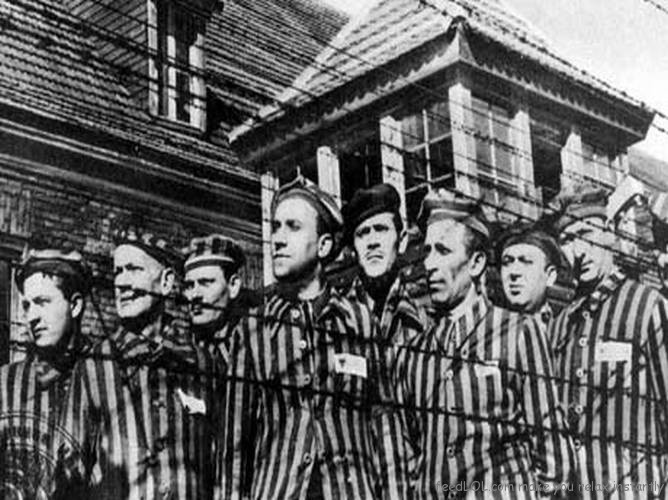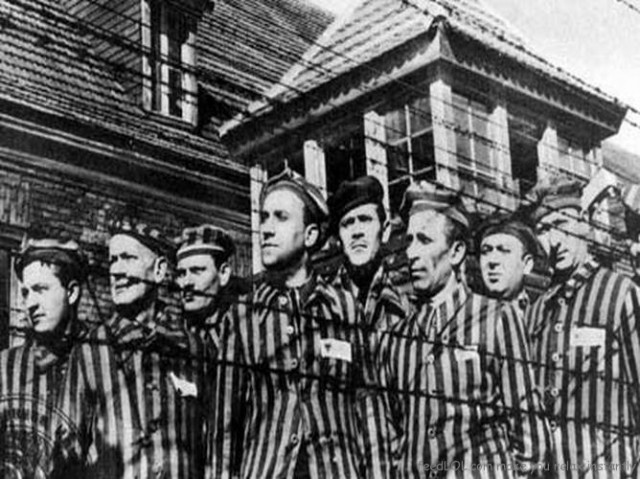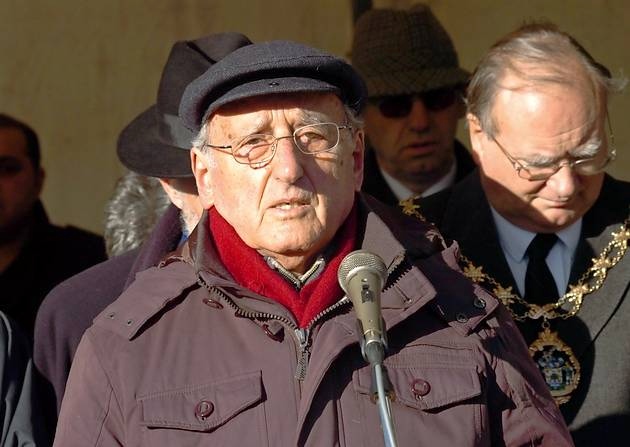He was arrested together with his parents and eight siblings and he lied about his age, hopping he would be sent to a labour camp instead of being killed in a concentration camp. He moved to England in 1945, after working in the snow for Nazis at Allach. Only he and his brother survived the Holocaust.
It was February 1945 when the 13-year-old Ivor Perl, a Hungarian Jew, was working in the snow, cold and hungry and desperate. He wore thin prison cloths and only ate a slice of bread a day. The camp was in the middle of the forest and the young boy was praying to God to help him, saying that if he came out of there alive he wouldn’t ask for anything else in his life.
But there were months to go before the Americans would come and liberate him and other millions from the hellish camps where they were held. Also, because he lied about his age, saying he is 16 years old, he had to work just as much as an adult did.
When they first arrived at Auschwitz, women and children were separated from men and killed, so Ivor’s mother forced him to join the adults and got to work instead of staying there and die. His mother was right and despite the nightmare of working throughout the cold winter, it saved his life. His mother and seven of his siblings were all killed.
There was Dr Josef Mengele, who was walking by the line and pointing left or right at the prisoners. When he reached Ivor, he stopped and asked him how old he was. As he looked older than he actually was, he said 16. Ivor can still remember the doctor’s eyes as he was thinking to himself what to do with the little man and on which side he should put him.
In Allach, food consisted of a slice of bread, a cup of hot water and maybe a little bit of margarine. They wore black and white thin prisoner clothes and a thin overcoat.
They worked on such absurd Nazi projects as digging underground bases for German military equipment, using only the most basic tools. If prisoners were found hiding in caves instead of working, the guards would throw grenades in after them, the Mail Online reports.
One time, Ivor chose a different task than his brother, which separated the two siblings for three weeks. His brother was sent to a farm where he was eating well for some time, while Ivor became so ill that when his brother returned, he couldn’t recognize him.
He was soon sent to the camp hospital where a doctor would visit twice a day. He would ask them to uncover themselves so he can see how much flesh they had on and if they were still able to work. Prisoners, said Ivor, would push their stomachs just to pretend they were healthy so they wouldn’t be killed. When he realized there was no way of getting better in that hospital, he escaped with the help of his brother.
Soon, it was announced that the camp should be abandoned and Ivor and his brother were given a single loaf of bread to sustain them as they walked for days to a larger camp. People died as they marched.
At one point, Ivor and his brother began fighting on their bread. They were wrestling in the mud when he saw a pair of army boots and a gun.
‘Then suddenly we heard this soldier talking to us in Hungarian’, Ivor said. ‘He said “Don’t fight, because you’ll soon be liberated and then afterwards you’ll be sorry you fought each other,” recalled Ivor, shocked by the soldier’s kindness towards him and his brother.
After the war, Ivor moved to Britain, where he worked in fashion retail. He and his wife have four children and six grandchildren.


